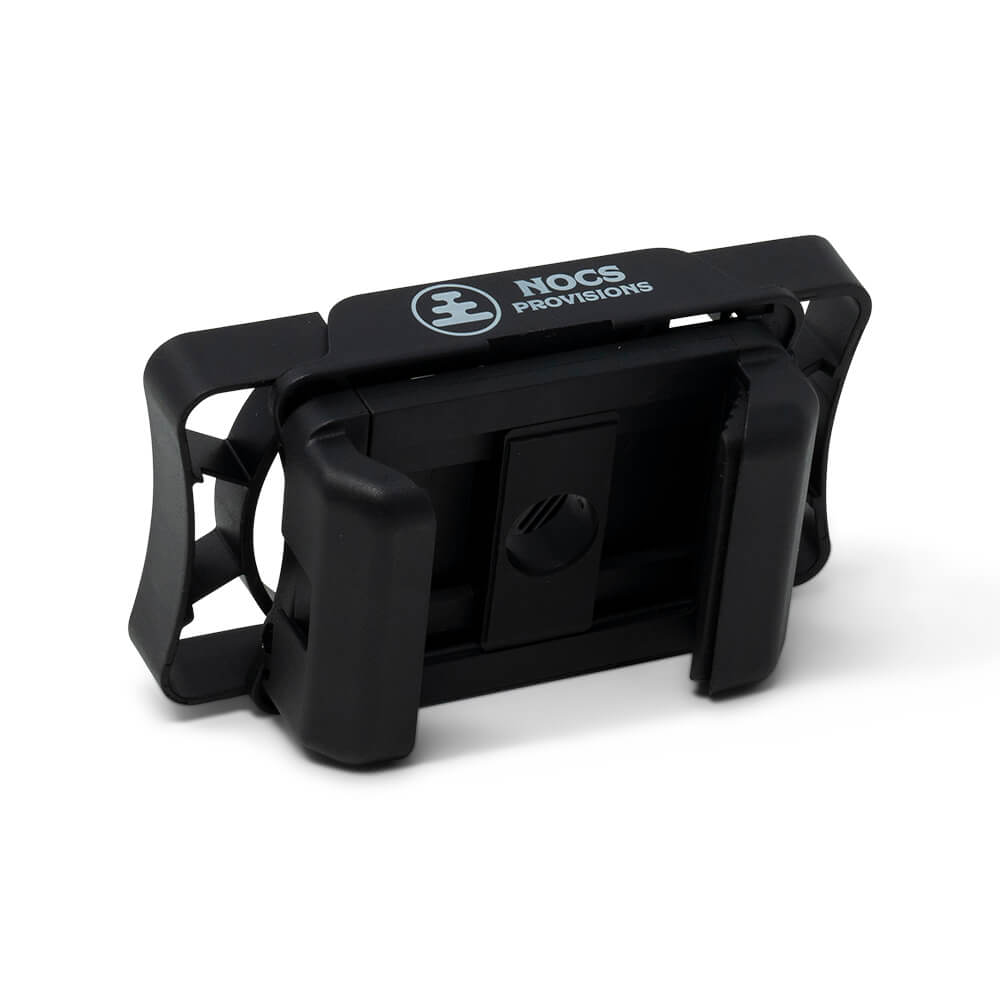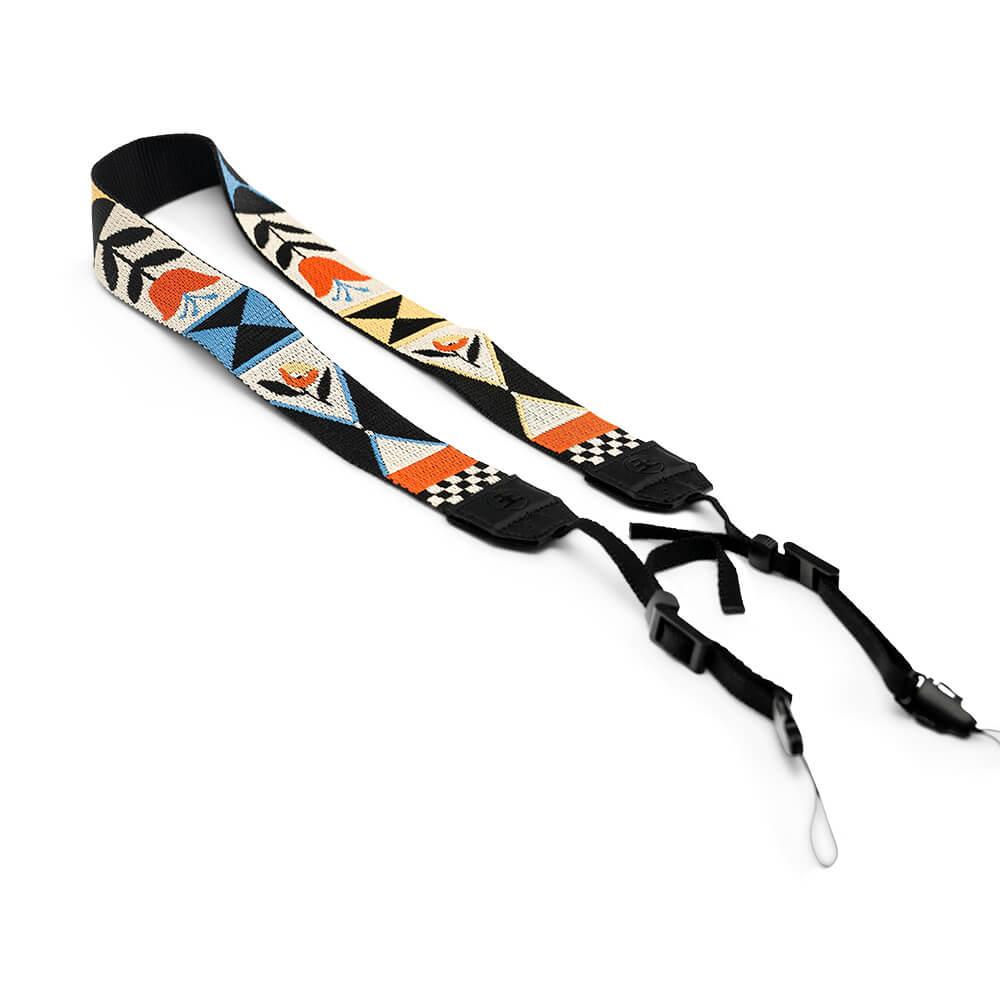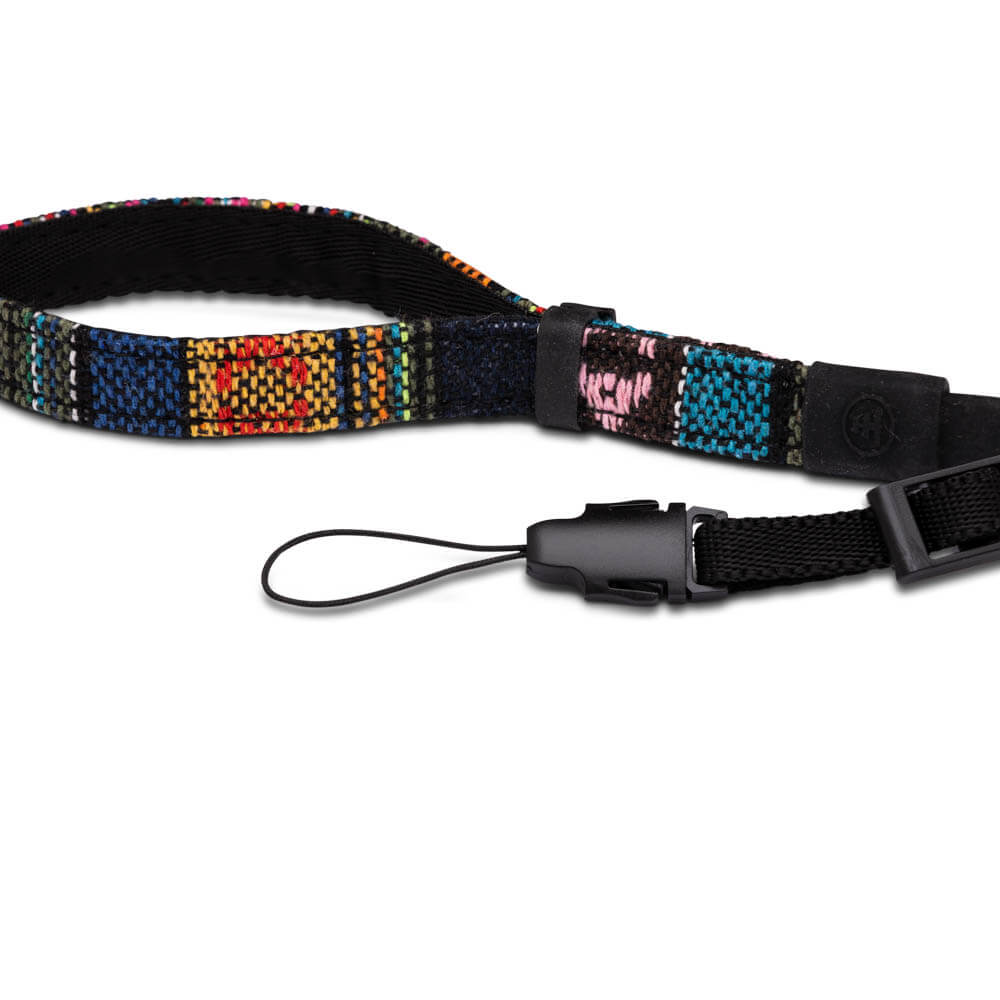Hi there! I am a hella queer arachnologist (spider, scorpions, the like) at the California Academy of Science here in the Nocs home of San Francisco. I love my job. I get to travel the world documenting what lives on our planet and use cutting-edge technology like DNA sequencing to better understand how it got there and what’s been happening for the last 450 million years.
I am also an avid naturalist and conservationist and founded a conservation and education non-profit organization with my best friend, Eric Stiner, called Islands & Seas.
Tell me more about your relationship with public lands. What do they mean to you?
Public lands are at the heart of what I do, both personally and professionally. Almost every day, I go on a walk with my dogs at Heron Head park in the San Francisco Bay shoreline. It is a beautiful example of how cities and communities can reclaim a (literally and socioeconomically) toxic history to make something beautiful.
It also has some great birding! Professionally, my research revolves around and relies on public lands. The natural spaces on Earth are dwindling and yet so critical to our ability to continue inhabiting this planet.

How has learning about the environment impacted your actions?
I think one of the ways my mindset has shifted over my career is away from the idea that humans and nature are separate and towards the idea that we are a part of nature and must pioneer a new way of integrated living.
What can concerned athletes, scientists, artists, or creatives do in the face of global challenges?
Assess your life. Realize that you, as an individual, can create change. What have you done for your community lately? If the answer is you haven’t, it’s time to change that. We all have unique skills and can play a part in our own way. I think that’s another thing, don’t let the media or society dictate what you should or should not be doing. We need new ways of thinking and new people doing the thinking.
How important is mitigating climate change to your life?
I think about it every day. I’m not an avid recycler, I fly on planes all the time, my car isn’t a hybrid. The ways in which I am playing a role are my own, but it is something that keeps me up at night sometimes.


Can you tell us a bit about your passions beyond “work”?
Traveling and family. I love spending time with my modern family, and even better when we are spending that time somewhere new (and close to nature)!
Do you find that these passions blend, merge, or complement your work?
My job mostly doesn’t feel like “work,” so in many ways, it is my passion. I often think of it as a labor of love—I’m just trying to save the world here! ;)
Do you find these passions tied to given environments or landscapes?
100% My first love was the southwestern USA deserts; my second was tropical islands. Both are so unique and so full of incredible plants and animals that it’s hard not to fall in love over and over again.
How do you give back to your community or to the underserved?
I work with communities around the world to democratize and decolonize access to information and scientific knowledge. If the people living in a place are working as the stewards for their environment, then who will? It’s in everyone’s best interest to live that truth.
What are your materials, and how do you think about them?
My most important tools of the trade are blacklight flashlights and a good headlamp. Those things both used to be hard to come by, but now they are just hard to come by in a good quality.


Is there a specific moment in life or a series of events that instilled in you a passion for your craft or passions?
I think being fortunate enough to grow up in nature. My grandparents lived on a tiny island in the Bahamas. There was only generator electricity, so it was used very sparingly, and the water all came from rain. The island had no cars, and most of the other kids lived in town which was a few miles walk down a dirt path. I spent my days exploring and observing, and my favorite thing to do was watch the tide pools.
Do you have any “heroes’ to speak of? How are you inspired?
I’m inspired by everyday people who observe the world around them. Whether that’s a 6-year-old boy who can teach me how to find tarantulas or a 96-year-old woman who has protected the watershed that supplies her community with freshwater. The people who stop to observe nature and think about what it means are the people I want to meet.
A key ingredient to building a sustainable future?
A circular economy. Vote with your consumer dollars.
Who taught you something significant?
My mother. She taught me to observe nature (and how to make an insect collection).

Any big moments of Zen in the outdoors?
Sitting in the middle of a tropical rainforest and hearing no evidence of humans. The hum of nature is deafening.
What have been your biggest challenges?
Being queer in nature, it can be scary for non-white/hetero/cis people sometimes. You are in a remote place, and people are bigoted and scary.
How can the outdoor industry change?
Help make the outdoors accessible to a diverse population. Produce non-disposable, repairable goods.
How can the outdoor industry act to affect change with regard to outdoor recreation and public lands?
Fund programs that get all kinds of people outdoors. We need everyone to care about nature to affect change, and that means creating access.

What keeps you going?
The desire to do more, see more, help more.
Do you have a mantra?
Just say yes.


